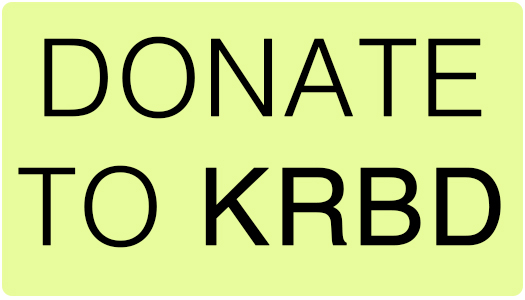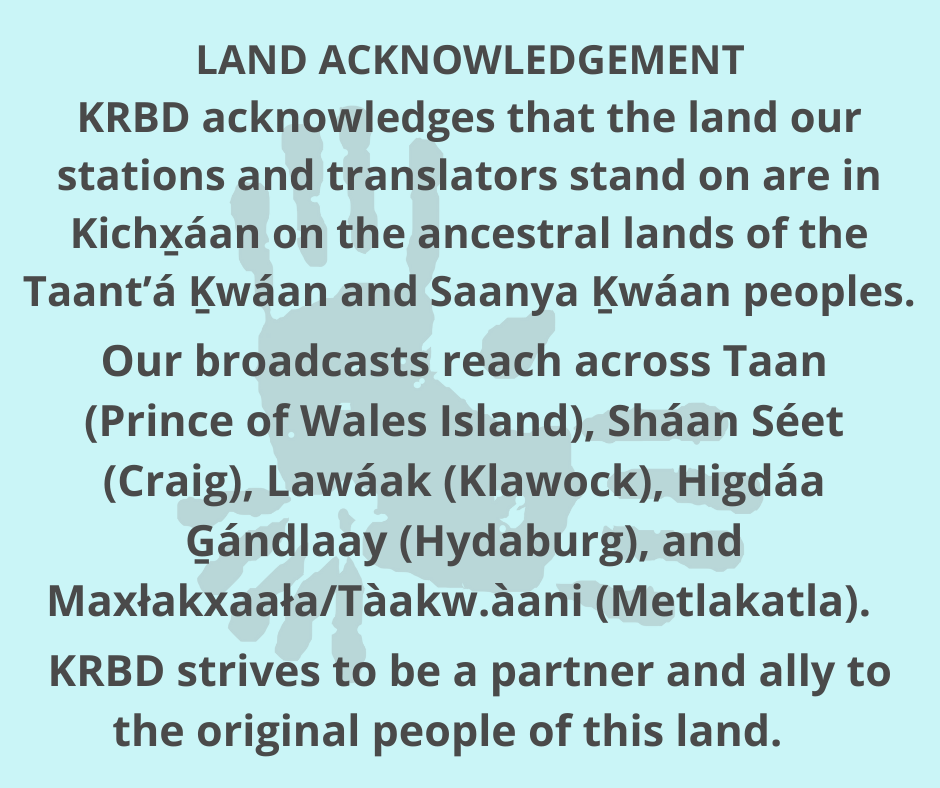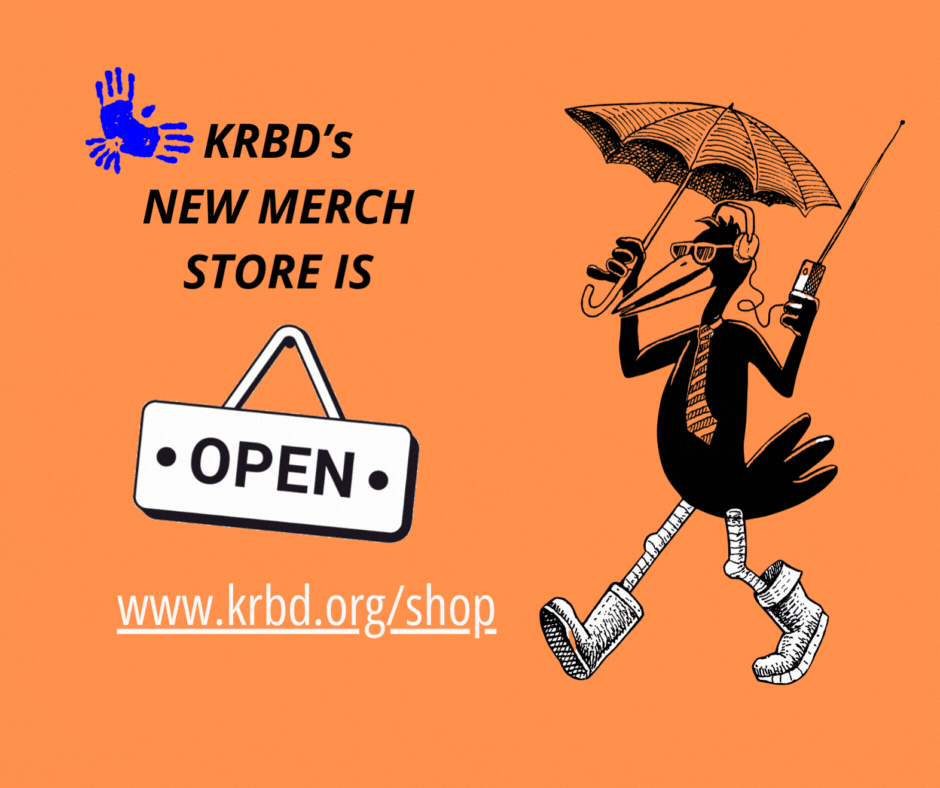If you feel a little guilty throwing away cans and glass bottles, there’s some good news on the horizon for communities that belong to the Southeast Solid Waste Authority.
A Washington-based disposal company has expanded its customer base in Alaska, and soon will start hauling trash from throughout the Inside Passage. Not just trash, though. The company is offering rate incentives to encourage communities in the region to recycle.
Southeast Solid Waste Authority Chairman Karl Hagerman announced recently that the authority has selected Republic Services to transport refuse for the authority’s member communities. Those communities are Petersburg, Wrangell, Kasaan, Craig, Thorne Bay, Klawock and Coffman Cove.
The regional solid waste authority formed in 2009, and initially looked into developing a solid waste facility here in Southeast Alaska. Hagerman said that after studying the issue, the group decided it’s better to ship the trash south.
“The shipping system, it does limit the long-term liability associated with landfills in the region,” he said. “We live in a rainforest. It’s a problem to operate a landfill in Southeast Alaska. It’s difficult and expensive. The system promotes creation of jobs through expansion and creation of recycling programs, and it also protects our regional environment.”
Hagerman, who gave a presentation on the topic at Southeast Conference, said that on Prince of Wales, two communities likely will be the authority’s consolidation points for solid waste and recycling. Those are Klawock and Thorne Bay, because they have the infrastructure in place to accommodate collection sites.
Republic Services already provides garbage shipping and disposal services in Southeast, including Ketchikan and Sitka. Republic spokesman Matt Henry said the company has had a regional presence for many years.
“We’ve been serving Southeast Alaska since 1995,” he said. “We’ve changed names some over the years. You’ve seen the name Rabanco, you’ve seen the name Allied Waste. That is all us. Rabanco was purchased by Allied Waste in the late ‘90s, and then we merged with Republic Services a few years ago.”
Republic has a large landfill in a rural country of Washington state, and a recycling facility in Seattle. The company has a long-running contract with Alaska Marine Lines to haul garbage and recycling in containers loaded onto barges. The barges stop first in Seattle at the recycling center, and any recycling material is offloaded there.
Henry said the garbage containers then are loaded onto the company’s trains at the adjacent railyard, and are taken to the landfill.
He said his firm’s system make recycling more cost-effective for the company, and subsequently for the communities it serves.
“The transportation dynamics for Southeast Alaska actually make recycling quite a bit more economical than disposal,” he said. “It just makes logical sense that there’s a lot less transportation associated with just getting the material to Seattle than taking it all the way down to Roosevelt with that extra rail haul.”
Hagerman said the most exciting aspect of hiring Republic is the high incentive for member communities to recycle. He said the cost per ton will drop significantly for recyclables versus solid waste.
“The fact is that recycling does lower costs,” he said. “So, not only is it the right thing to do for the environment, but you can save a substantial amount of money in your community by developing and expanding recycling programs.”
Republic offers different rate structures for different kinds of recycling. For example, whether or not it’s separated before shipping.
Hagerman later gave an example of the rate difference between solid waste and mixed recyclables for Petersburg. He said the rate estimate for solid waste was about $110 per ton, and mixed recyclables – including glass – was about $35 per ton.
Rates will change for each community served because of the difference in fuel costs.








